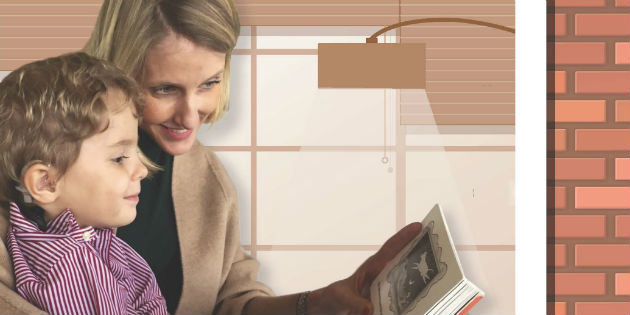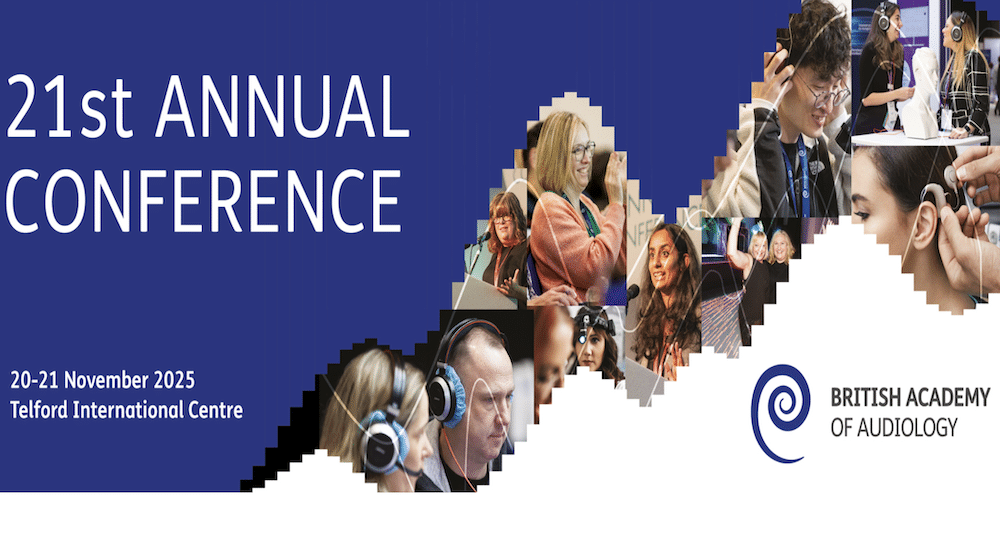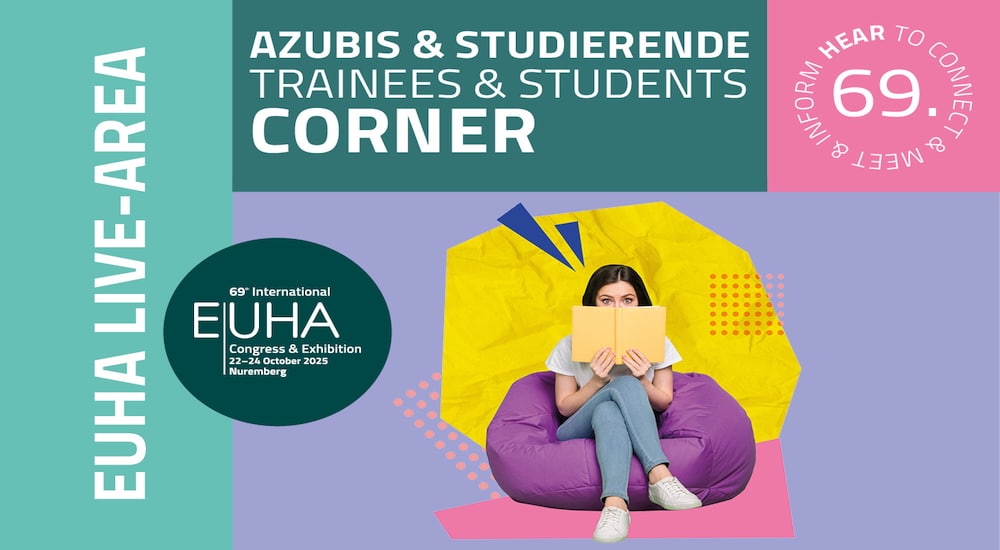3rd International Conference on Bilingual Education for people with CI or HA
Conference
The 3rd t-oigo Conference on Bilingual Education was held in Madrid on February 25.

The event featured Antonio Guirardo (Oticon), Coral George (Jolly Phonics), Jill Stribling (English for Fun), Richard Vaughan (Vaughan Systems) and the director of t-oigo, Dale Sindell.The main subject of the event was: How can you learn English with deafness?
On the t-oigo website, director Dale Sindell posted the following comment: “families, educators, speech therapists, and associations working with persons with hearing loss, together with other professionals present at the event, were expecting speakers to focus more specifically on the needs of the deaf and their difficulties with the English language. However, English teaching experts expressed their confidence in deaf and hearing-loss patients being able to overcome all the main obstacles faced by most Spaniards aiming to learn the language just as long as they have access to sound through technology (hearing aids, cochlear implants, and FM systems). In this respect, recommendations made during presentations went beyond the problem of hearing and tried to specify how to overcome the difficulties any person might have with learning English.”
The highlights of the 3rd Conference were:
- Oral bilingualism is possible in children with cochlear implants and hearing aids.
- Research shows that it is possible to learn a second language without setbacks in learning a first language.
- In cases where the child is diagnosed early and given an early implant, and in the absence of associated syndromes, the child can become bilingual if he or she undergoes complex and language-rich exposure to two languages, with interaction as part of a natural context, and with native speakers.
- The sooner a second language is started, the better.
Dale Sindell spoke about the free language and cultural exchange programme organised by t-oigo Allies in English, which offers support to children and youngsters in 12 cities and which was set up following the first of these conferences. It has been in operation for five years around Spain and will be launched this year in Murcia, Valladolid, and Granada.
- Carefully control the acoustics of classrooms. Be close to pupils and learn in very small groups. Use FM systems.
- For language learning, what you do outside the classroom is as or more important than what you do in class. It is important to have regular conversation with native speakers. Find ways to promote listening.
- Teacher motivation and attitude is fundamental in pupils maintaining interest.
- English is learned in a meaningful and language-rich context.
- Teachers should not correct but create models. Formulate open questions. Do not indicate by finger-pointing. Repeat what is said to check that it has been well understood. If pupils make a mistake, the teacher must subtly provide the correct model.
- Create a fun, relaxed atmosphere without stress or pressure from parents or teachers.
- Do not use text books or files. Make use of all the senses. Play. Use theatre, cooking, crafts, singing, create real situations…
- Get started as soon as possible. Think about long-term acquisition of the language, and constancy.
- Focus on listening and understanding the context of a conversation more than on each word.
Experts gave tips to remember:


